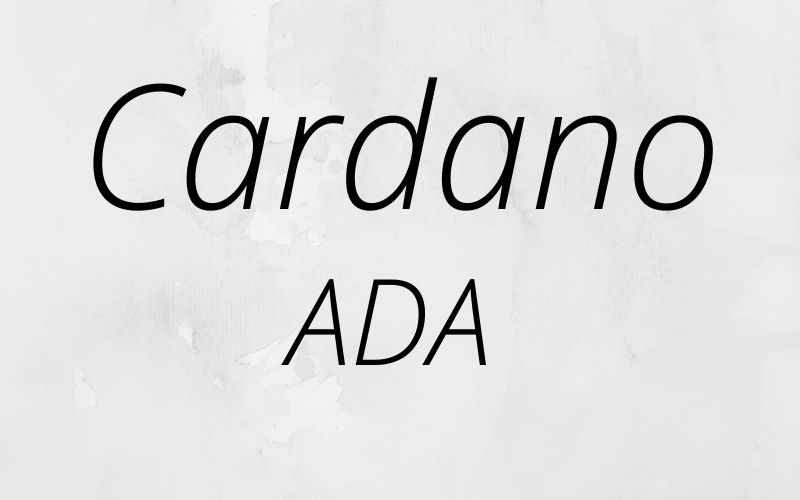Cardano Foundation, the non-profit that manages and supports the growth and development of the Cardano ecosystem, has some hours ago announced the withdrawal of delegation from a stake pool following an exploitative fee change.
The organization passed the information across to the Cardano community in two successive tweets on 7th May 2021. According to the report, the stake pool in question was likely found guilty of an attempt to exploit delegators with its recent fee change.
Read Also: Cardano: Latest Version of Daedalus Released with Support for K Parameter Adjustments
The action was taken to serve as a deterrent to other Cardano stake pools who are already planning to exploit loopholes.
The Foundation added that it has started reviewing the staking rules to ensure only deserving stake pools receive its delegations.
Cardano Foundation tweeted, “Some of you may have noticed an exploitative fee change by a certain stake pool operator. In response, we have withdrawn our delegation from the said pool. We are also reviewing the rules for staking to ensure only deserving stake pools receive CF delegations.”
(1/2) Some of you may have noticed an exploitative fee change by a certain stake pool operator. In response, we have withdrawn our delegation from the said pool. We are also reviewing the rules for staking to ensure only deserving stake pools receive CF delegations.
— Cardano Foundation (@CardanoStiftung) May 7, 2021
Read Also: Cardax, First Decentralized Exchange (DEX) On Cardano to Launch
“The Cardano Foundation’s objective is advancing world-changing technology. Not letting stakepools exploit loopholes.”
(2/2) The Cardano Foundation’s objective is advancing world-changing technology. Not letting stakepools exploit loopholes.
— Cardano Foundation (@CardanoStiftung) May 7, 2021
Read Also: This Is Why Decentralization Is So Important To Cardano (ADA)
What Are Cardano Stake Pools?
Based on the information found on Cardano’s official website, stake pools may be either public or private. A public stake pool is a Cardano network node with a public address that other users can delegate to, and receive rewards. While private stake pools only deliver rewards to their owners.
Stake pools are run by a reliable operator. It could be an individual or business with the knowledge and resources to operate the node consistently.
Cardano (ADA) holders are given free will to delegate to public stake pools in order to be part of the protocol and receive rewards but have no interest in operating a Cardano network node.
Read Also: Ergo Unveils Oracle Solution for Cardano (ADA) to Enhance Interoperability
It’s worth noting that the more stakes are delegated to a pool, the greater the chance of being selected as a slot leader. So, each time the selection occurs and produces a block acceptable on the blockchain, it’s rewarded for it. And these rewards will be subsequently shared among operators and delegators.
Follow us on Twitter, Facebook, Telegram, and Download Our Android App
